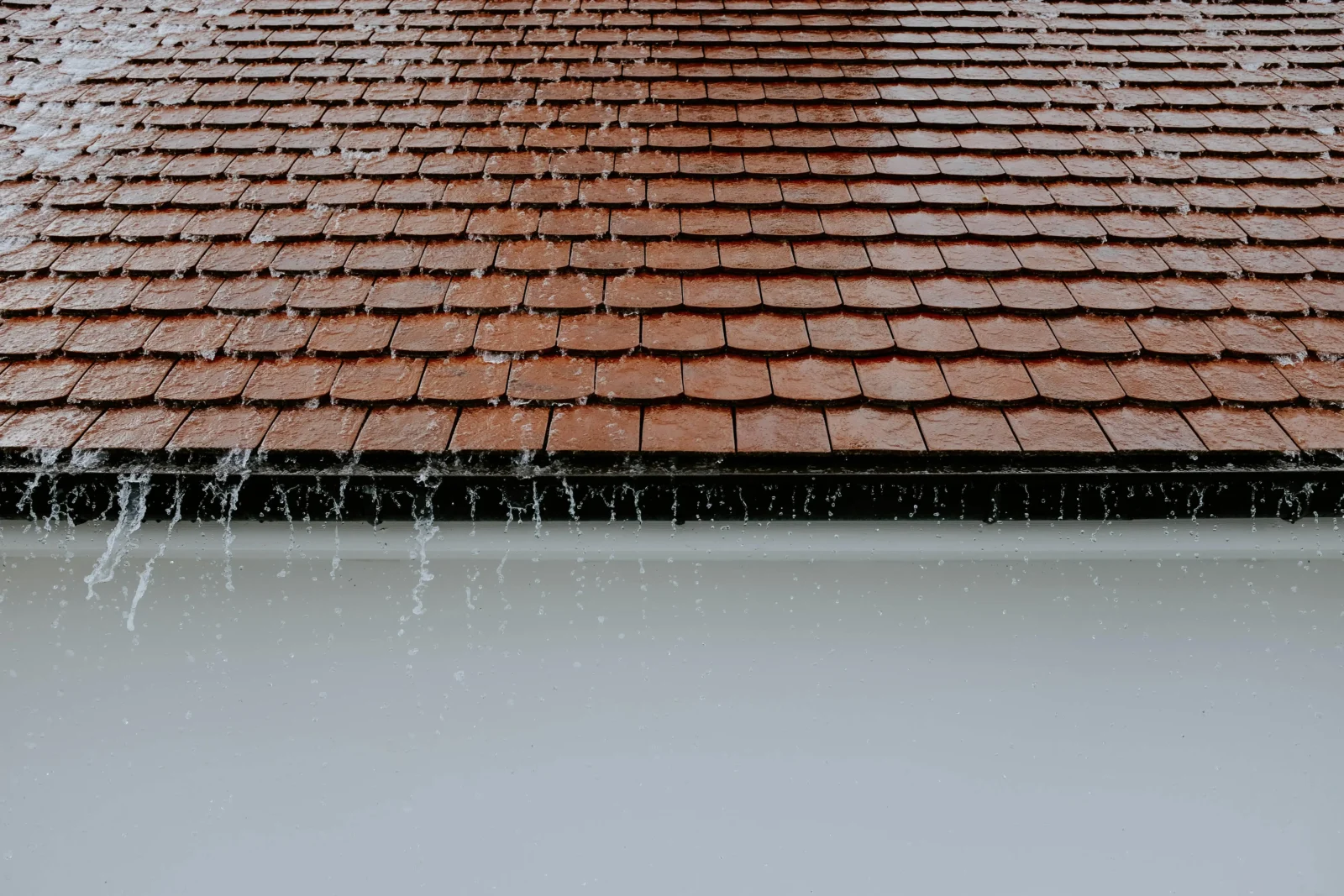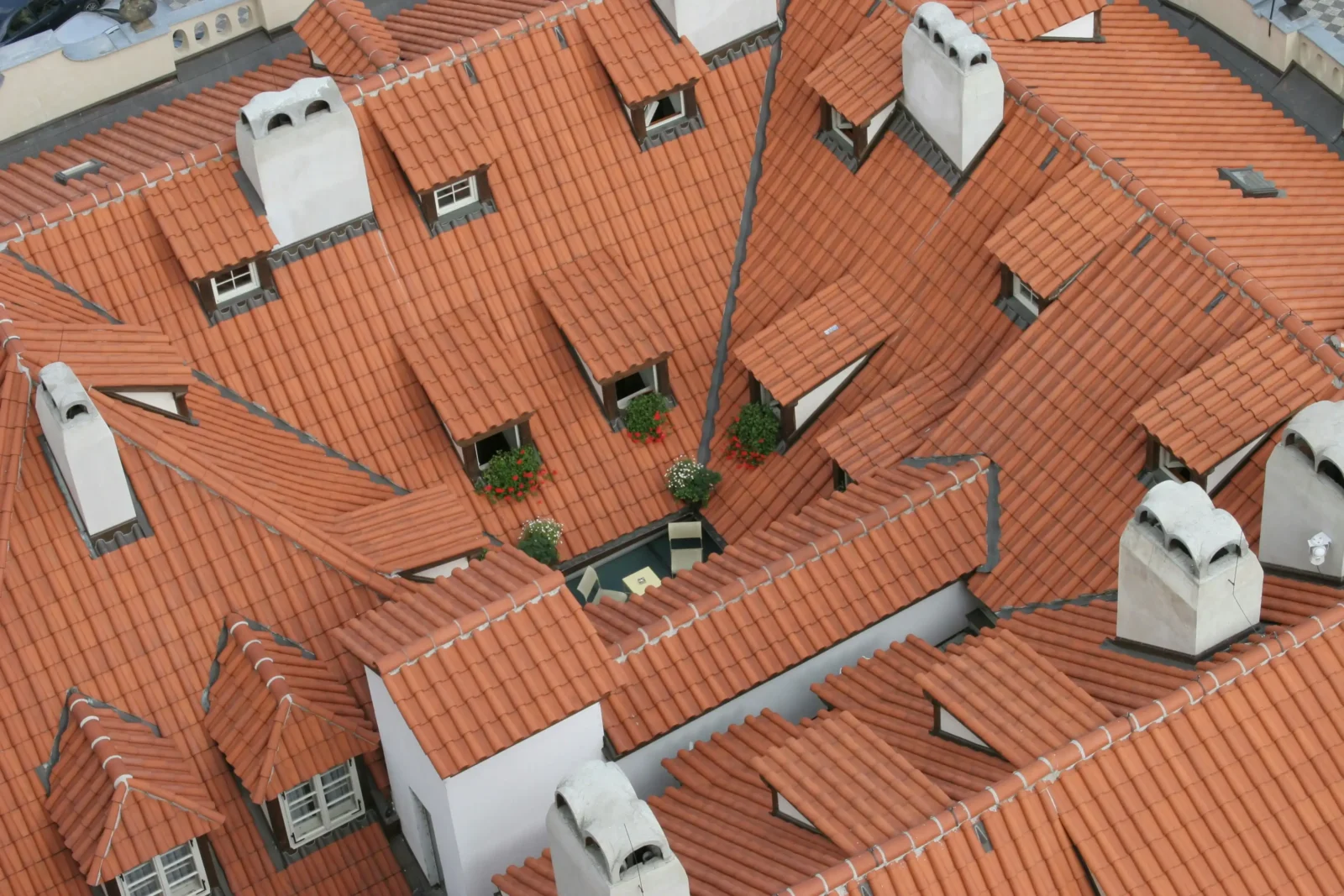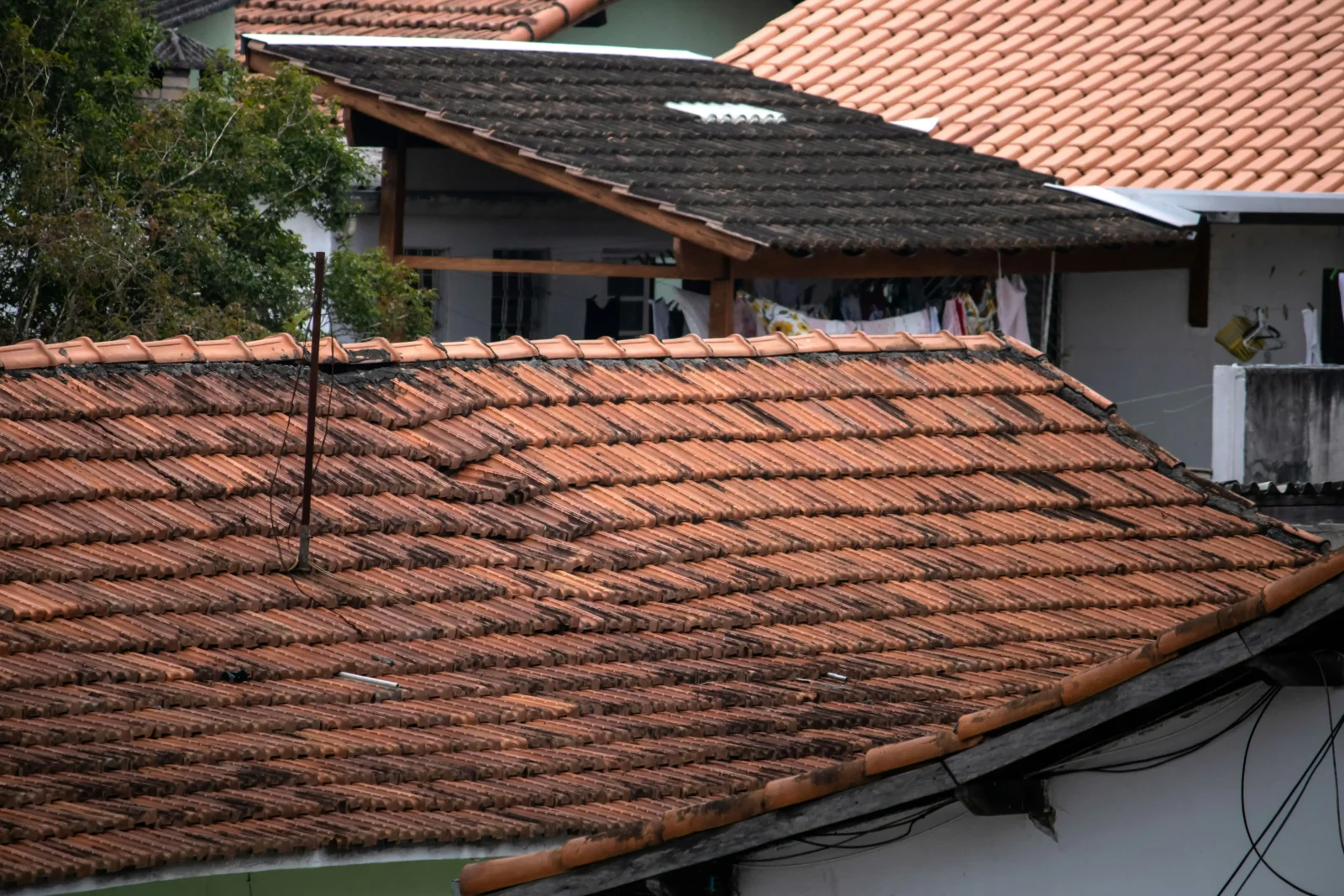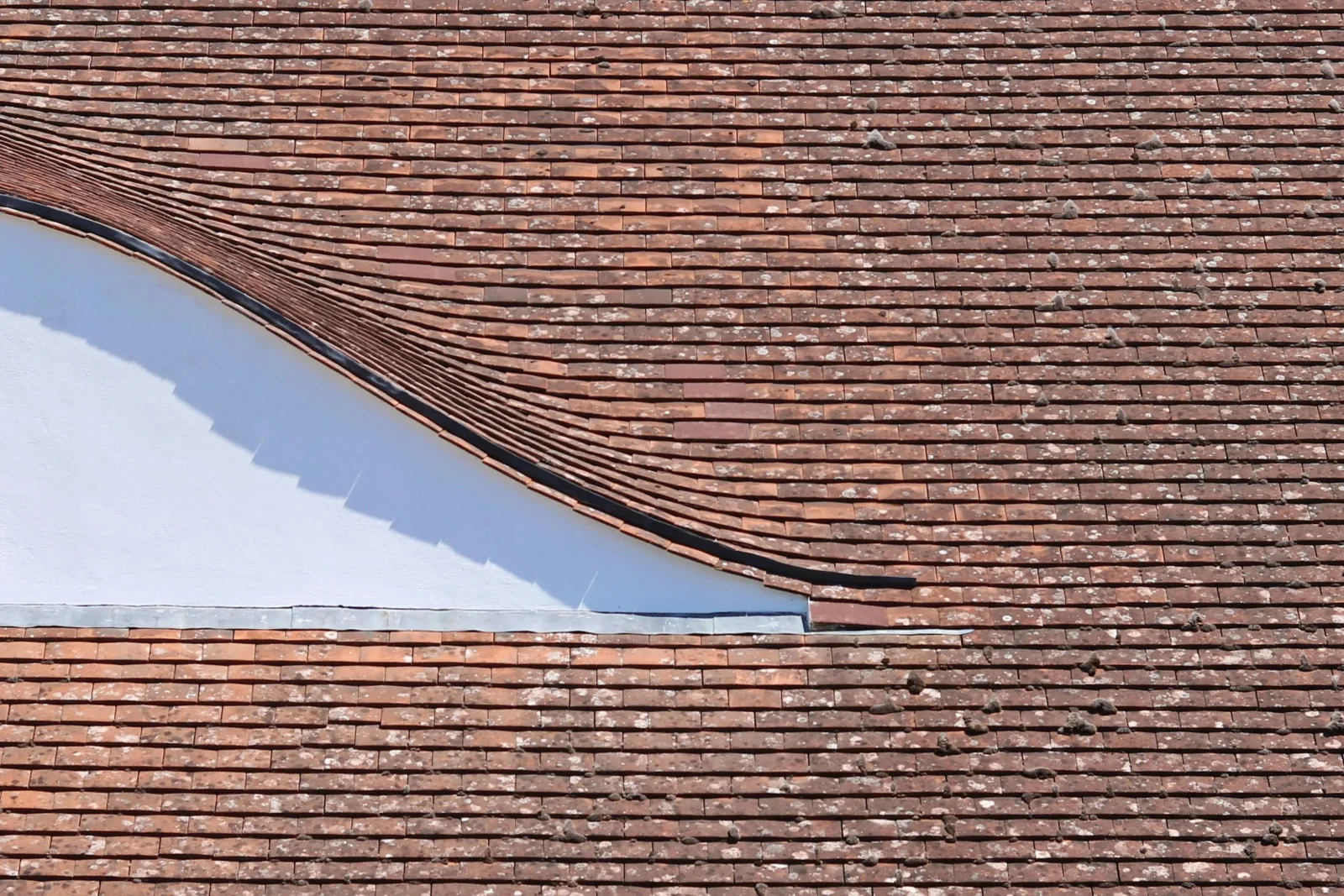- Home
- Articles
- Architectural Portfolio
- Architectral Presentation
- Inspirational Stories
- Architecture News
- Visualization
- BIM Industry
- Facade Design
- Parametric Design
- Career
- Landscape Architecture
- Construction
- Artificial Intelligence
- Sketching
- Design Softwares
- Diagrams
- Writing
- Architectural Tips
- Sustainability
- Courses
- Concept
- Technology
- History & Heritage
- Future of Architecture
- Guides & How-To
- Art & Culture
- Projects
- Interior Design
- Competitions
- Jobs
- Store
- Tools
- More
- Home
- Articles
- Architectural Portfolio
- Architectral Presentation
- Inspirational Stories
- Architecture News
- Visualization
- BIM Industry
- Facade Design
- Parametric Design
- Career
- Landscape Architecture
- Construction
- Artificial Intelligence
- Sketching
- Design Softwares
- Diagrams
- Writing
- Architectural Tips
- Sustainability
- Courses
- Concept
- Technology
- History & Heritage
- Future of Architecture
- Guides & How-To
- Art & Culture
- Projects
- Interior Design
- Competitions
- Jobs
- Store
- Tools
- More
How Roof Shape Impacts the Aesthetics of Your House

Table of Contents Show
The roof of a house does more than just provide shelter; it plays a crucial role in defining the overall aesthetics and architectural character of a home. The shape of a roof can influence how a house is perceived, from sleek and modern to classic and rustic. Homeowners and designers carefully consider roof styles to enhance curb appeal, create visual harmony, and even reflect cultural influences. Beyond aesthetics, roof shape also affects functionality, including drainage, insulation, and durability. Whether building a new home or renovating an existing one, understanding how different roof shapes impact aesthetics can help in making an informed design choice.
Traditional vs. Modern Appeal
The shape of a roof plays a significant role in defining whether a home has a traditional or modern aesthetic. Pitched roofs, such as gable and hip styles, are often associated with classic architecture, bringing a timeless and inviting look to colonial and Victorian homes. In contrast, flat and low-sloped roofs create a sleek, minimalist appearance that aligns with contemporary design trends. When planning a new roof or renovation, hiring roofing contractors with experience in specific architectural styles is important to achieving the desired look. Their expertise ensures that the roof not only complements the home’s design but also functions efficiently. The right roof shape can enhance curb appeal while maintaining structural integrity.

Impact on Perceived Size and Proportion
The shape of a roof can greatly affect the visual proportions of a house. A steeply pitched roof can make a home appear taller and more imposing, adding grandeur and elegance. Conversely, a flat or gently sloped roof tends to make a home look more understated and horizontally stretched. For smaller homes, a gable or mansard roof can add height and create the illusion of a larger space. Meanwhile, large, expansive roofs, such as those found in prairie-style homes, help ground the structure and blend it with the surrounding landscape. Choosing the right roof shape is the key in ensuring that the house’s size and proportions appear balanced and visually appealing.
Influence on Regional and Cultural Identity
Roof shapes often reflect the regional and cultural influences of an area, contributing to the home’s overall aesthetic identity. Carved and tiled roofs are a signature feature of Mediterranean and Spanish-style homes, while steeply pitched roofs with dormers are characteristic of French country and Tudor-style houses. In colder climates, steeply sloped roofs prevent heavy snow accumulation, giving homes a distinct alpine aesthetic. Fat roofs are more common in desert and tropical regions, where they provide space for rooftop gardens and terraces. Choosing a roof shape that aligns with regional traditions can enhance the home’s authenticity and appeal.
Enhancing Curb Appeal and First Impressions
The roof is one of the most visible parts of a home’s exterior and plays a key role in shaping first impressions. A well-designed roof can enhance curb appeal by complementing other architectural elements such as windows, doors, and exterior materials. A dramatic roofline, such as a butterfly or shed roof, can create a striking and modern look that instantly catches the eye. Sfymmetrical and balanced roof shapes, like the hip or gable roof, contribute to a harmonious and inviting appearance. The choice of roofing materials, colors, and textures further enhances the aesthetic impact, helping homeowners achieve the desired visual effect.

Functional and Aesthetic Harmony
Beyond looks, roof shape must harmonize with a home’s overall design and functionality. A beautiful roof that does not match the home’s style or local climate can appear out of place and may even lead to structural issues over time. A flat roof may look sleek on a modern home but may not be ideal for areas with heavy rainfall or snowfall, as poor drainage can lead to leaks and water damage. An intricate mansard roof may add charm to a Victorian-style home but could be overly complex and expensive to maintain for a minimalist design. The choice of roofing materials also plays a role in ensuring harmony between form and function. Metal roofs work well with modern and industrial aesthetics, while wooden shingles complement traditional and rustic homes.
The shape of a roof is a fundamental element of home design that influences aesthetics, proportion, cultural identity, and functionality. Whether opting for a traditional pitched roof, a sleek modern flat roof, or something unique like a butterfly roof, homeowners should consider how the shape complements the overall style of the house. The right roof design enhances curb appeal, creates visual harmony, and ensures a home stands out in the best possible way. By carefully choosing a roof shape that aligns with architectural preferences and environmental conditions, homeowners can create a residence that is both beautiful and functional.
illustrarch is your daily dose of architecture. Leading community designed for all lovers of illustration and #drawing.
Submit your architectural projects
Follow these steps for submission your project. Submission FormLatest Posts
How to Select the Most Reliable Shelter Installation Team
Table of Contents Show Set Clear Specs And Site CriteriaVet Credentials And...
How Smart Roof Design Reduces Maintenance Costs
Table of Contents Show Design for Drainage FirstPut The Anchor in The...
To Upgrade or to Change Your Roof Completely: Key Facts to Know
Table of Contents Show Expert Guidance on Full Roof DecisionsThe True Cost...
Best Practices for Roof Inspections and Maintenance
Table of Contents Show Set Inspection Cadence By Climate And Roof TypeStart...












Leave a comment